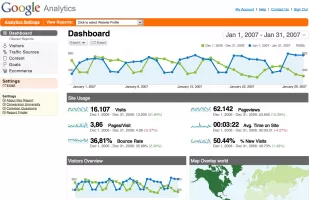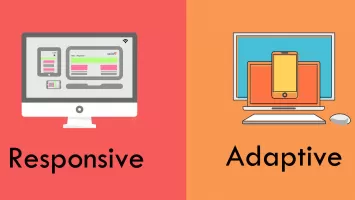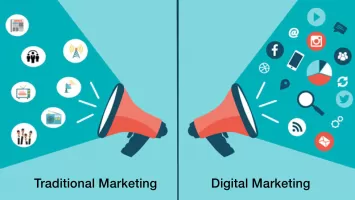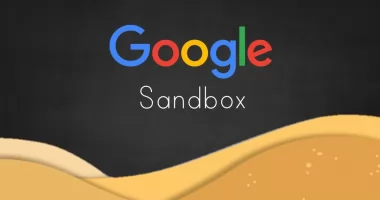You've created a mobile app and successfully added it to stores, so what are the next steps? How will you compete with the large number of apps in the Google Play Store and App Store? Is there anything like SEO for mobile applications? Of course, there is. App Store Optimization (ASO), which we can briefly call Mobile SEO, is a way to gain users to ensure that mobile applications are downloaded more.
What are the advantages of mobile SEO?
• The use of mobile applications is increasing day by day, so the focus on Mobile SEO has increased significantly in recent times.
• 63% of people search and access applications. It is possible to take the lead in application searches through mobile SEO.
• Doing this optimization will both outperform your competitors and increase your revenue.
Factors influencing mobile SEO rankings are:
1. Application Name
The name of your application must be related to the functions it performs. Often, users find apps by typing a function in the search box, not the app name. The name of the application should not be too long. It is very important to assign a unique name, given that the title will be shortened according to the characteristics of users' mobile devices. The name to be determined must also distinguish the application from potential competitors.
2. Short and extensive descriptive text of the application
The short description part of the application, located just below the screenshots, is the part that attracts the most attention of users. A brief description is very important for both users and the search engine algorithm. Using keywords in the description can also help you rank higher in searches. The most important step in assigning keywords is to identify and focus on competitive keywords. The best practice you can follow here is to "think like a user." Why should a user use this application? The fact that there is a limit of 80 characters in this section is also an indication of how carefully this area is used. The long description part of the application has a limit of 4000 characters. It is very important that you do not tire the reader in this section and avoid unnecessary expressions when explaining the application in as much detail as possible.
3. Create application images and promotional video
In order to stand out in the Mobile Store, it is possible to attract users to the application page with screenshots and videos showing the content and functions of the application. The video length in the App Store should be between 15-30 seconds. On Google Play, the video should be between 30 seconds and 2 minutes long. It is possible to have a separate video for each language supported by Google Play.
4. Keywords
Not surprisingly, keywords are a key factor in a good ranking. Choosing the right keywords is especially important in the title, short and long description.
5. Application Download Volume and Speed
Daily app downloads are one of the most powerful ranking factors in the Apple App Store and Google Play. So they help you improve your rankings in different situations.
6. Name of the person or company submitting the application
The name of the person who developed the application is also part of the SEO algorithm of Google Play and App Store. In this section, it is important to know how much the name of the creative company or person is included in the application.
7. Improving the User Experience
Google's algorithm takes into account factors such as user ratings, feedback, user behavior, comments and the number of downloads of the application. By improving these factors, it is possible to make the application more visible. For example, by updating regularly, you can encourage users to comment, and you may have a chance to improve your application by taking these comments into account.
8. Obtaining a backlink
As with regular searches, the application helps a lot to get backlinks to your page. Of course, quality links from reputable sources should be preferred, not spam.















